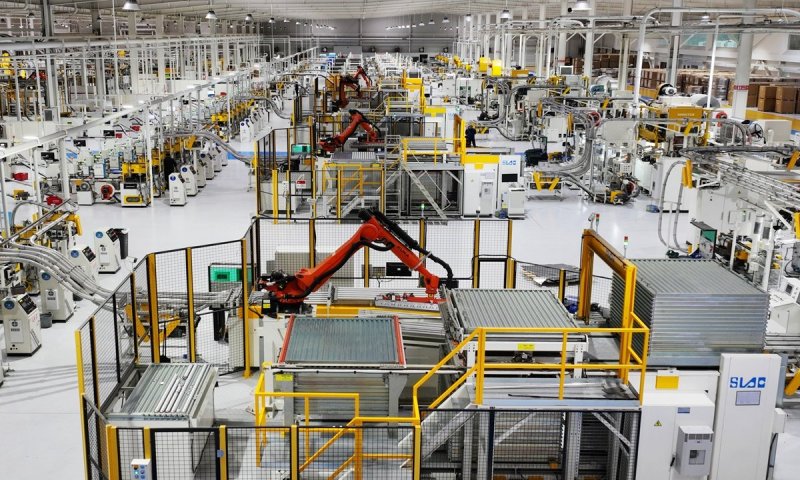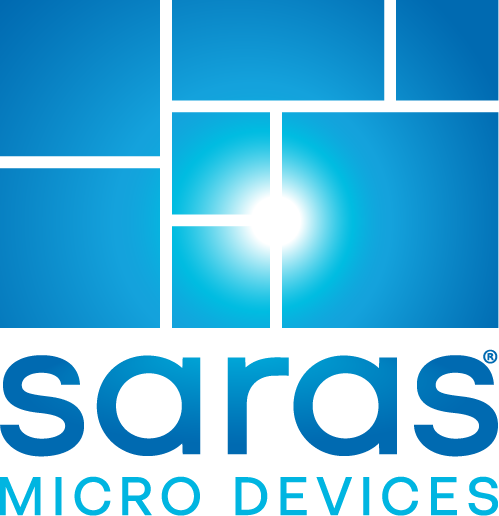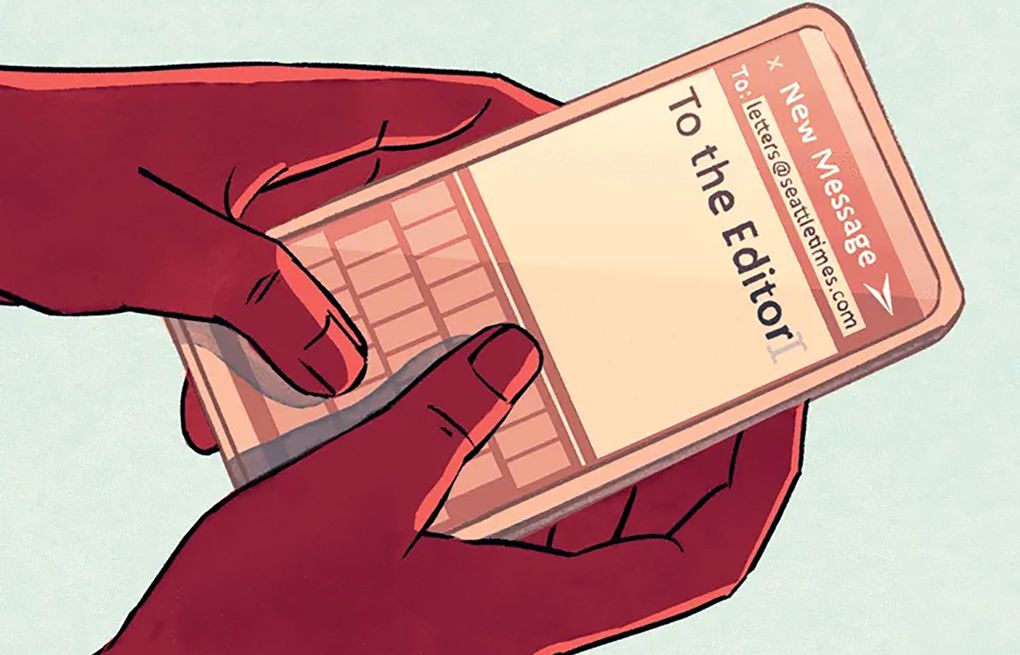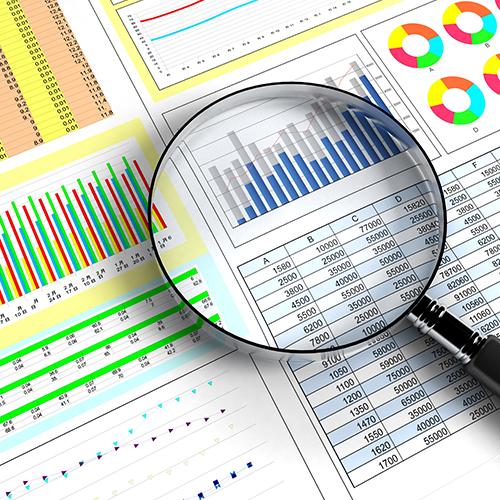Pharma's Path Forward: J&J Chief Calls for Smart Tax Strategy Over Trade Barriers
Manufacturing
2025-04-15 14:21:54Content

During Johnson & Johnson's recent first-quarter earnings call, CEO Joaquin Duato offered a nuanced perspective on pharmaceutical manufacturing in the United States, challenging President Trump's proposed tariff approach. Instead of relying on punitive measures, Duato suggested a more collaborative and strategic method to boost domestic drug production.
The executive emphasized that incentivizing pharmaceutical manufacturing requires a thoughtful, multi-faceted approach that goes beyond simple trade restrictions. By hinting at alternative strategies, Duato signaled J&J's commitment to supporting American pharmaceutical innovation while seeking more constructive solutions to strengthen the country's medical supply chain.
His comments reflect a growing industry dialogue about how to effectively reinvigorate domestic manufacturing capabilities in a complex global economic landscape. Rather than viewing tariffs as the primary tool, Duato's stance suggests that cooperation, investment, and strategic policy-making could be more effective in achieving the goal of robust U.S. pharmaceutical production.
Pharmaceutical Innovation: Navigating the Complex Landscape of Drug Manufacturing Policy
In the rapidly evolving world of pharmaceutical manufacturing, industry leaders are constantly seeking innovative strategies to balance economic challenges, regulatory requirements, and global competitiveness. The intersection of corporate leadership, government policy, and technological advancement creates a dynamic environment that demands strategic thinking and adaptive approaches.Transforming Pharmaceutical Manufacturing: A Bold Vision for American Innovation
The Strategic Imperative of Domestic Drug Production
The pharmaceutical industry stands at a critical crossroads, where traditional manufacturing models are being challenged by emerging global dynamics. Johnson & Johnson's leadership, particularly under CEO Joaquin Duato's guidance, represents a pivotal moment in reimagining domestic drug production strategies. The complex landscape of pharmaceutical manufacturing requires a nuanced approach that goes beyond simplistic policy interventions like tariffs. Domestic drug production is not merely an economic issue but a matter of national strategic importance. The COVID-19 pandemic exposed significant vulnerabilities in global supply chains, highlighting the critical need for robust, resilient manufacturing capabilities within the United States. Companies like Johnson & Johnson are now exploring sophisticated alternatives to traditional protectionist measures, seeking innovative solutions that can strengthen the nation's pharmaceutical infrastructure.Economic and Technological Considerations in Pharmaceutical Manufacturing
The economics of drug manufacturing are intrinsically complex, involving multiple layers of research, development, regulatory compliance, and production infrastructure. Traditional protectionist approaches like tariffs often create unintended consequences that can potentially stifle innovation and increase consumer costs. Modern pharmaceutical companies are increasingly looking at advanced manufacturing technologies, including artificial intelligence, machine learning, and precision robotics, to create more efficient and cost-effective production processes. These technological interventions can potentially reduce production costs, improve quality control, and create more flexible manufacturing ecosystems that can rapidly adapt to changing market demands.Policy Alternatives to Pharmaceutical Tariffs
Alternative policy mechanisms could prove more effective in encouraging domestic drug manufacturing. These might include targeted tax incentives, research and development grants, workforce training programs, and streamlined regulatory processes that make domestic production more attractive and economically viable. Government and industry collaboration could create comprehensive strategies that address the multifaceted challenges of pharmaceutical manufacturing. By developing holistic approaches that consider economic, technological, and strategic dimensions, policymakers can create environments that naturally incentivize domestic production without resorting to blunt instruments like tariffs.Global Competitiveness and Strategic Manufacturing
The global pharmaceutical landscape is increasingly characterized by rapid technological change and complex geopolitical dynamics. Companies like Johnson & Johnson must continuously adapt their strategies to maintain competitive advantages while contributing to national economic objectives. Emerging markets, technological innovations, and shifting regulatory environments create both challenges and opportunities for pharmaceutical manufacturers. Strategic decision-making must balance short-term economic considerations with long-term innovation potential, requiring sophisticated analytical approaches and forward-thinking leadership.The Human Factor in Pharmaceutical Innovation
Behind every manufacturing strategy and policy decision are human beings – researchers, engineers, executives, and policymakers who drive innovation. The pharmaceutical industry's future depends not just on technological capabilities but on the creativity, expertise, and collaborative spirit of its workforce. Investing in human capital, fostering interdisciplinary collaboration, and creating environments that encourage continuous learning and innovation will be crucial in developing robust, adaptable pharmaceutical manufacturing ecosystems.RELATED NEWS
Manufacturing

Manufacturing Miracle: China's Industrial Sector Roars Back to Life
2025-03-31 05:13:00
Manufacturing

From Motorcycles to Machinery: A Leadership Maverick's Bold Turnaround Strategy
2025-02-24 13:01:00
Manufacturing

Motor City Tech Boom: Apple Revs Up Detroit's Innovation Engine This Summer
2025-04-08 19:45:29





